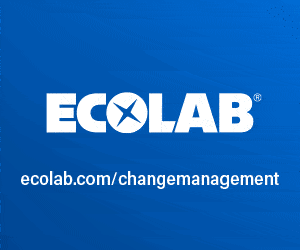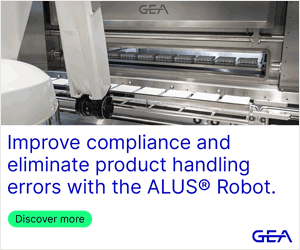Protein fusion technology using affinity tags has greatly simplified the process of purifying recombinant proteins. Now a single-step technology from Bio-Rad addresses the bottleneck in the subsequent tag removal process
Improved purification methods are required for protein structure and function studies, necessitated by growing demands from proteomics, drug development and biotechnology programmes. To simplify purification of recombinant proteins, including many with unknown biochemical properties, several genetically engineered affinity tags, or purification tags, are used. Commonly used tags are polyhistidine (His), glutathione-S-transferase (GST), and the antibody peptide epitope, FLAG.1
The tag is fused to the N- or C-terminus of the protein of interest, allowing the fusion protein to be purified to near homogeneity in a single-step procedure using a resin with strong binding avidity and selectivity to the tag.
Once the fusion protein has been purified, it is often necessary to remove the tag before subsequent use in downstream applications,1 because the tag may alter protein conformation,2 affect biologically important functions3,4,5 or interfere with protein crystallisation.6,7,8 The most popular method to remove the tag involves building a protease cleavage site between the tag and the target protein within the expression vector, and cleaving the resultant fusion protein using purified preparations of the cognate protease specific to the engineered site. The most frequently used processing proteases for this purpose are the tobacco etch virus (TEV) protease, thrombin, factor Xa and enterokinase.
drawbacks
Although these tag-removal systems alleviate problems associated with the presence of the tag in the final purified protein, they have several principal drawbacks:
1. The high enzyme-to-substrate ratios, the elevated temperatures required for optimal or efficient processing and the duration of the reaction may affect cleavage specificity as well as stability of the target protein.1, 9
2. The extended length of purification protocols due to additional cleavage and protease-removal steps may hamper high-throughput purification approaches and result in loss of target protein.
3. The nature of protease cleavage mechanisms often result in generation of protein products that still contain extra residues on their N-termini.
These complications can be avoided by using Bio-Rad's Profinity eXact fusion-tag purification system. This offers an alternative to existing purification and cleavage tools, in providing a one-step purification - cleavage protocol for bacterial recombinant protein production.
The system is comprised of Profinity eXact purification resin and the Profinity eXact tag, which is a small 8kD polypeptide expressed as a fusion to the N-terminus of the target protein. The ligand coupled to the resin matrix is based on the bacterial protease subtilisin BPN, which has been extensively engineered to increase stability and to isolate the substrate-binding and proteolytic functions of the enzyme.10, 11
The incorporated modifications allow for conventional affinity binding with high selectivity, as well as specific and controlled triggering of the highly active cleavage reaction. Cleavage is achieved upon the addition of low concentrations of small anions, such as fluoride or azide.
The native recombinant protein is released without any residual amino acids at the N-terminus, and the 8kD Profinity eXact tag remains bound to the modified subtilisin ligand linked to the resin. Purification of fusion proteins is performed under native conditions, with tag cleavage and elution of purified protein from the column completed in about an hour.
Affinity tagging has enabled the expression and purification of large numbers of proteins using single-step purification methods. All tags have the potential to interfere with the biological activity of a protein and to influence its behaviour and so need to be removed. The Profinity eXact fusion-tag system addresses the bottlenecks in the tag-removal process during affinity-tagged protein purification by providing a single-step purification without the hassle and expense of cleavage enzymes, incubation times, or removal of reagents.




